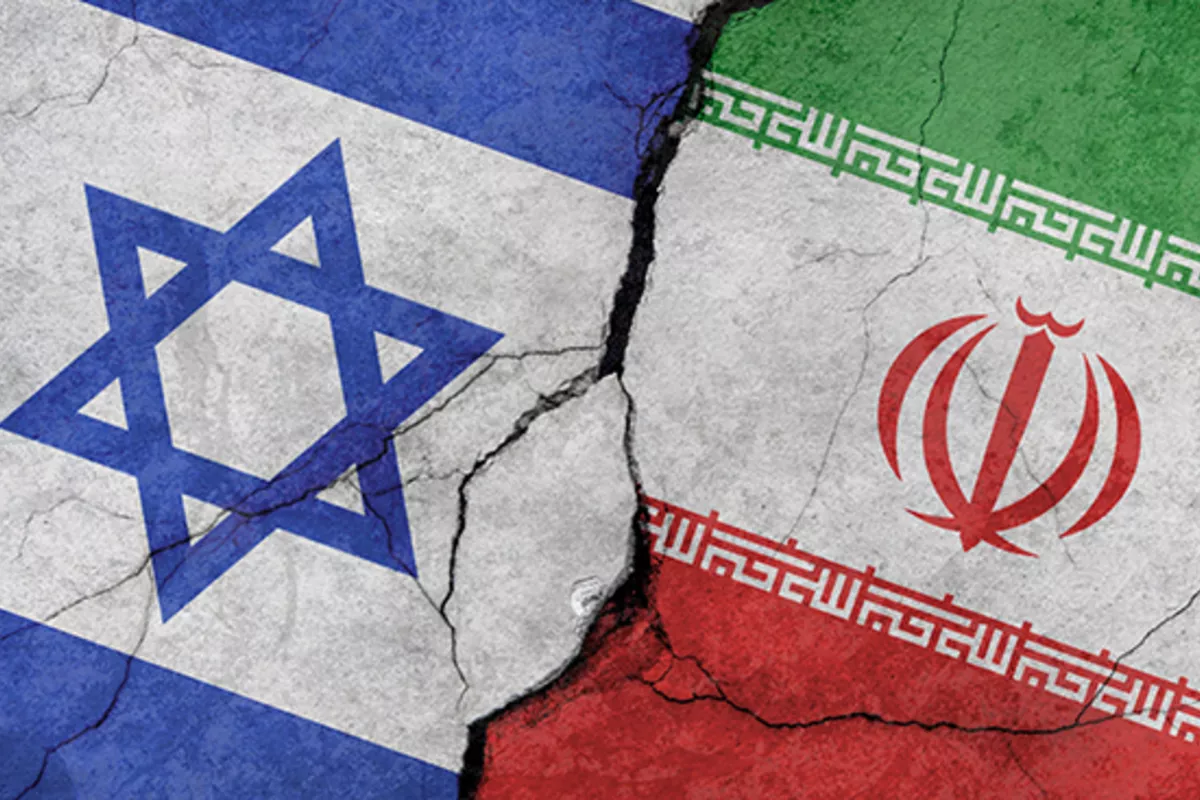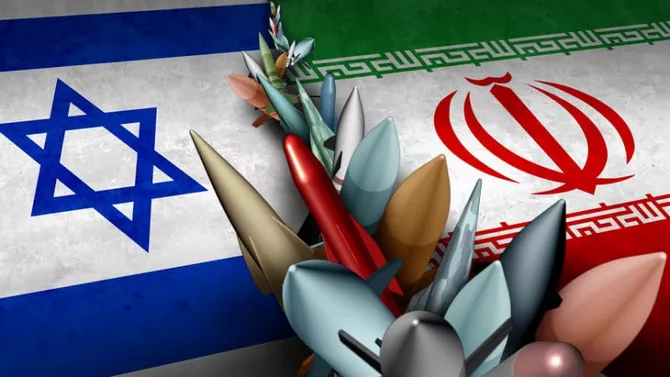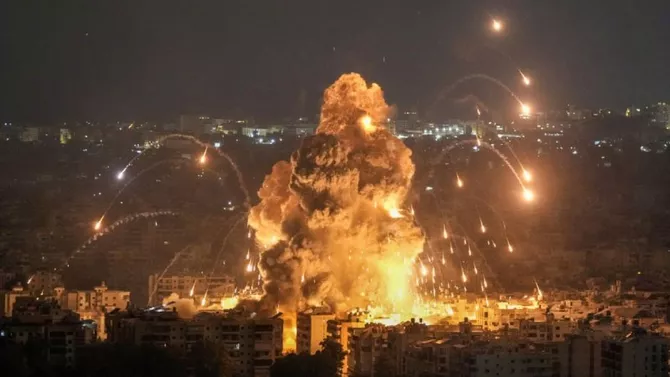
Amid the sharp escalation between Israel and Iran, which threatens to spiral into a full-scale regional conflict, it is especially crucial to hear the perspectives of experts who deeply understand the internal political dynamics of the Islamic Republic. In an exclusive interview with The Caspian Post, Russian Iranologist Lana Ravandi-Fadai shares her insights on the current escalation, assesses the resilience and military capacity of the Iranian regime, outlines possible scenarios for the conflict’s development, and discusses potential risks for the region - including for Azerbaijan.
Russian Iranologist Lana Ravandi-Fadai
- How do you assess the latest escalation between Iran and Israel?
- This escalation is significantly more serious than previous ones. In Iran, hundreds of people have already been killed, and dozens of military facilities have been destroyed or damaged - something we did not witness during the two previous Israeli strikes on Iran. It can be said that Iran is now facing its most difficult test since the Iran-Iraq war.
However, just as the Islamic regime survived then, I believe it will endure now. Despite fierce resistance, Iran is clearly unable to overcome Israel’s modern, high-powered aircraft, which already control the airspace in the western part of the country.
As for how long this round of escalation might last, I would expect the strikes to continue for another two to three weeks. Israel is not interested in becoming entangled in a prolonged war, and continuing attacks at this pace could provoke criticism even from Western public opinion.

Photo: The Daily Star
- What is your forecast for the duration of this escalation?
- I believe it will last about two weeks, and then it will be over. A period of calm will follow. I don’t think it will turn into a major war - that’s my view. But some of my colleagues disagree.
Some of them predict the fall of Iran’s ruling regime. The worst-case scenario would be if Israel uses nuclear weapons. And if Israel does resort to nuclear strikes, then Pakistan will likely respond with its own nuclear arsenal. In fact, Pakistan’s defense minister has already stated that his country will defend Iran and has called on the Muslim world to unite against Israel.
That would be the most dangerous scenario, though I consider it unlikely.
I do not think the Islamic regime will fall anytime soon. One reason is historical comparison: look at the wars in the former Yugoslavia - Serbia managed to survive. I believe something similar applies here.
Moreover, I don’t see any viable alternative ready to take power in Iran. If the regime collapses, the country may fracture - we could see Iran disintegrate along ethnic lines.
That’s why I believe the escalation will continue for another two weeks, after which a lull will follow. That’s my forecast.

Photo: AP
- In your view, can the escalation with Israel destabilize Iran’s domestic situation, or will it instead unite society?
- Airstrikes alone are unlikely to destabilize the situation. The regime in Iran still maintains tight control over public life, actively identifying and severely punishing those it considers traitors or Israeli agents.
Many Iranians who do not support the Islamic regime have nonetheless spoken out against the Israeli strikes.
During the Iran-Iraq war, not everyone supported Khomeini either, but the vast majority of Iranians united against the common enemy. The same is happening now.
Of course, there are radical elements who not only hate the Islamic regime but also despise Iran’s Islamic culture itself - they celebrate the Israeli bombings and don’t care about the civilian casualties. But they are a minority.
- What consequences might Israel’s attack on Iran have for Azerbaijan?
- For Azerbaijan, Israel’s attack could have negative consequences. Iranian roads and bridges are being damaged, which could disrupt cargo transportation, including along the important North-South International Transport Corridor.
Moreover, Iranian Azerbaijanis could be affected by the Israeli strikes, especially those living in Tehran.
If attacks on urban infrastructure continue and intensify, Iran could see a refugee outflow toward Azerbaijan - potentially thousands or even tens of thousands of people.
Accommodating and supporting them would place a significant burden on Azerbaijan’s economy.
Share on social media